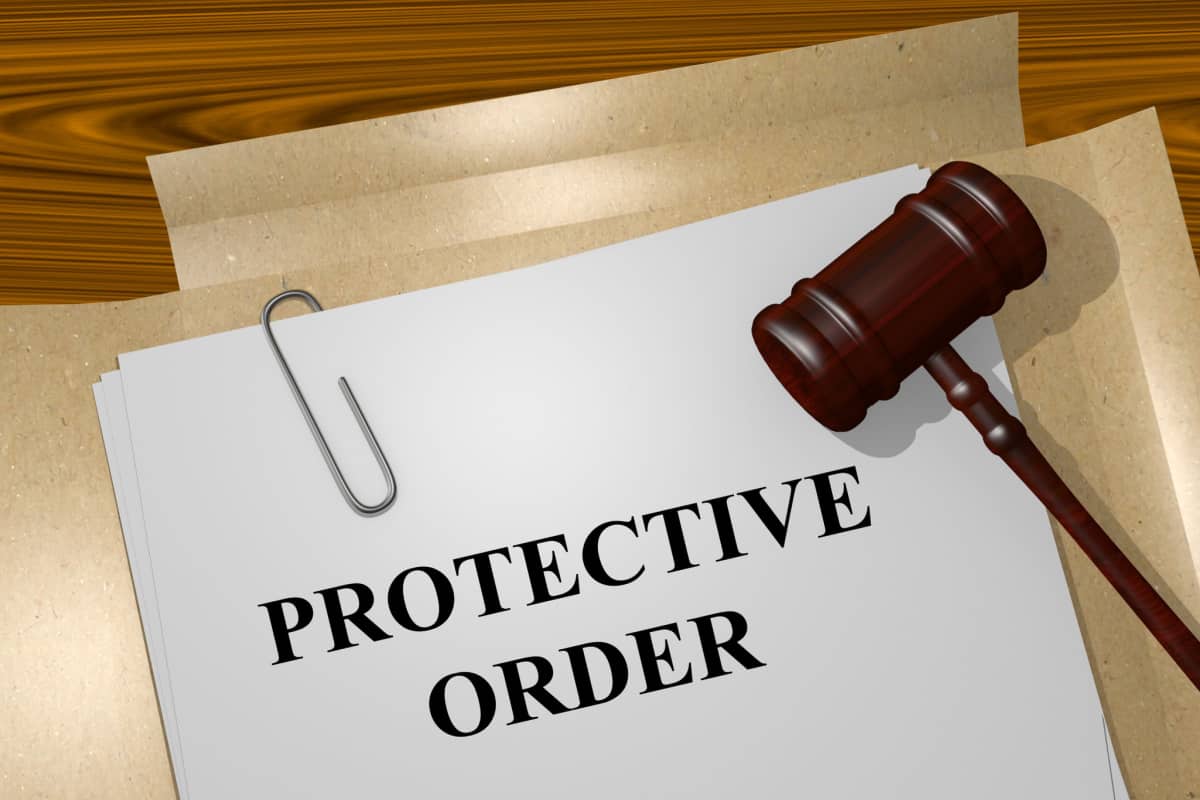Domestic Violence as a Felony: What Defendants Should Know
Table of Contents
- Introduction
- What Is Domestic Violence?
- Is Domestic Violence a Felony?
- Factors That Influence Whether Domestic Violence Is a Felony
- What Are the Potential Penalties for Domestic Violence Felony Charges?
- What Happens If You Are Accused of Domestic Violence?
- How Can a Defendant Defend Against Domestic Violence Felony Charges?
- Can Domestic Violence Charges Be Reduced to Misdemeanors?
- The Importance of Hiring an Experienced Domestic Violence Attorney
- FAQs
- Conclusion: Why You Need Legal Representation in Domestic Violence Cases
1. Introduction
The answer depends on several factors, such as the nature of the violence, the injuries sustained by the victim, the presence of weapons, and the criminal history of the accused. Domestic violence can range from a misdemeanor to a felony, with felony charges carrying much harsher penalties. Understanding the full scope of domestic violence charges, including when they are considered felonies, is crucial for anyone facing such accusations.
This article will provide an in-depth exploration of domestic violence charges, focusing on the factors determining whether the offense is classified as a felony, the potential penalties associated with felony charges, and the best course of action for defendants. We’ll also discuss the importance of hiring a knowledgeable attorney to help navigate the complex legal system.
2. What Is Domestic Violence?
Domestic violence refers to a pattern of behavior used by one person to control or dominate another in an intimate relationship. It can involve physical violence, emotional manipulation, psychological abuse, or financial control. While many people associate domestic violence with bodily harm, it can take many forms, and each type of abuse can have significant and long-lasting effects on the victim.
Forms of Domestic Violence:

- Physical Abuse: This is the most common form of domestic violence and includes any form of violence that causes bodily harm to the victim. It can range from slapping, hitting, and pushing to more severe violence such as punching, kicking, or even using weapons.
- Emotional and Psychological Abuse: This form of abuse is often overlooked, but it can be just as damaging as physical violence. It involves behaviors that undermine the victim’s mental well-being, including belittling, humiliation, intimidation, and threats. Gaslighting, where the abuser manipulates the victim into doubting their reality, is a common tactic in emotional abuse.
- Sexual Abuse: Sexual violence in domestic violence cases refers to any forced or coerced sexual activity. This includes unwanted touching, sexual assault, or rape. Sexual abuse may occur in any relationship and is a form of control that is meant to humiliate and degrade the victim.
- Financial Abuse: Financial abuse occurs when one partner controls the other partner’s access to money or other financial resources. This can include preventing the victim from working, managing their finances, or forcing them to ask for money to meet basic needs. Financial abuse often traps the victim in the relationship and makes it difficult for them to leave.
- Stalking and Harassment: Stalking and harassment involve unwanted and obsessive behavior, such as following the victim, appearing unannounced at their home or workplace, or sending threatening messages. This behavior can escalate into physical violence and is intended to create fear and insecurity in the victim.
- Child Abuse: Domestic violence can also have an impact on children. If children are exposed to domestic violence or are themselves victims of abuse, this can lead to additional charges, including child abuse or child endangerment. Children who witness domestic violence may suffer psychological and emotional trauma that can affect them for years to come.
3. Is Domestic Violence a Felony?
Misdemeanor Domestic Violence
- Minor injuries to the victim (such as bruises or scratches)
- No weapon is involved
- The defendant’s first offense or no history of domestic violence
- A single, isolated incident without a pattern of abusive behavior
Felony Domestic Violence
- Severe Injury: If the victim sustains serious injuries, such as broken bones, head trauma, or internal bleeding, the charges will likely be elevated to a felony.
- Use of a Deadly Weapon: If a weapon such as a gun, knife, or blunt object is used in the attack, the charges are likely to be elevated to a felony. The presence of a weapon significantly increases the severity of the offense.
- Strangulation: Strangulation or choking is a severe form of domestic violence because it can cause fatal injuries. Many states have specific laws that treat strangulation as a felony offense due to its life-threatening nature.
- Repeat Offenders: If the defendant has a history of domestic violence or other violent offenses, the charges are more likely to be elevated to a felony. Repeat offenders are treated more harshly under the law, and the penalties for a felony conviction may be significantly higher.
- Child Endangerment: If children are involved in the domestic violence incident, either as victims or witnesses, the charges may be upgraded to a felony. Many states have laws that impose harsher penalties when a child is exposed to or harmed by domestic violence.
4. Factors That Influence Whether Domestic Violence Is a Felony

Severity of Injuries
Use of a Weapon
Prior Criminal History
Presence of Children
Strangulation
5. What Are the Potential Penalties for Domestic Violence Felony Charges?
Imprisonment
Fines
Probation
Restitution
Protective Orders
6. What Happens If You Are Accused of Domestic Violence?
Arrest
Criminal Charges
Bail Hearing
Protective Orders

Trial
7. How Can a Defendant Defend Against Domestic Violence Felony Charges?
- False Allegations: In some cases, domestic violence charges are based on false allegations made by the victim or other witnesses. False accusations can arise from personal conflicts, jealousy, or a desire for revenge.
- Self-Defense: If the defendant acted in self-defense during the incident, they may argue that their actions were necessary to protect themselves from harm. This is a common defense when the defendant was provoked or attacked first.
- Lack of Evidence: If insufficient evidence supports the allegations, the charges may be dismissed. This could include a lack of physical evidence, conflicting testimonies, or the prosecution’s failure to prove the case beyond a reasonable doubt.
- Mistaken Identity: If the defendant was not the person responsible for the domestic violence incident, they may argue that they are being falsely identified.
- Inconsistent Testimony: If the victim’s testimony is inconsistent or contradicts other evidence, the defense may use this to weaken the prosecution’s case and cast doubt on the credibility of the victim’s claims.
8. Can Domestic Violence Charges Be Reduced to Misdemeanors?
- The victim does not wish to press charges or is uncooperative.
- There is a lack of strong evidence to support felony charges.
- The defendant has no prior criminal history and expresses remorse.
9. The Importance of Hiring an Experienced Domestic Violence Attorney

- Investigate the Case: Your attorney will carefully review the evidence, interview witnesses, and build a defense strategy based on the facts of the case.
- Protect Your Rights: A defense attorney will protect your constitutional rights throughout the legal process, including during interrogations and hearings.
- Advise You on Your Options: Your lawyer will explain your options, whether going to trial or negotiating a plea deal and help you make an informed decision.
- Negotiate for Reduced Charges: In some cases, your attorney may be able to negotiate with the prosecution to reduce the charges or seek a plea deal to minimize the penalties.
10. FAQs
1. Can domestic violence charges be dismissed?
2. What should I do if I’m falsely accused of domestic violence?
3. Can domestic violence become a federal crime?
4. How long will a domestic violence felony charge stay on my record?
5. What happens if I violate a protective order?
11. Conclusion

Hiring an experienced attorney is crucial to ensuring your rights are protected, and you receive the best possible defense. At Tess House Law Firm, we are committed to helping clients navigate the complexities of domestic violence charges and fighting for the best possible outcome.

